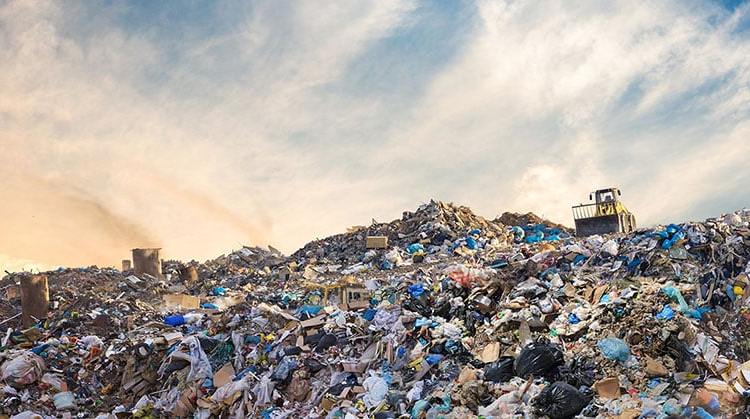The European Union (EU), in partnership with the federal government, is promoting circularity in the fashion and textile industry, in line with the United Nations (UN) international zero-waste agenda.
The European Union Ambassador to Nigeria and ECOWAS, Gautier Mignot, stressed the need to reduce waste generated in the textile industry, which globally stands at an alarming 92 million tons annually. This waste results in environmental and social impacts, which disproportionately affect biodiversity and human health, especially vulnerable persons across the country.
He made this known in Abuja during this year’s International Zero Waste Day event. The day, which was established by the UN General Assembly in December 2022 to promote sustainable consumption and production patterns and foster a circular economy, is celebrated every 30th of March annually.
He noted that this year’s theme – towards zero waste in fashion and textile – underscored the environmental and social challenges caused by the fashion and textile sectors in their business model, which drives overproduction and overconsumption.
“The use of fossil fuel-based synthetic fibres contributes to microplastic pollution, harming ecosystems and human health. Discarded clothing often leads to open dumping, burning, and severe environmental and social consequences, disproportionately affecting vulnerable communities.
“This is why the EU continues to work closely with our Nigerian partners to address waste generation problems associated with the linear economy in Nigeria,” he said.
Some initiatives that the group has worked on together include the National Policy on Waste Battery Management (2021), the National Environmental Standards and Regulations Enforcement Agency’s (NESREA) National Environmental Regulation on Plastic Waste Control (2023), as well as the National Circular Economy Roadmap (2024) launched during last year’s International Zero Waste Day celebration. “Our latest project with UNIDO is to address waste from the renewable energy sector like solar panels and batteries,” he added.
Highlighting the immense potentials and opportunities that the circular economy offers in manufacturing, agriculture, energy, fashion, arts and culture, and others, Amb. Mignot said, “The truth of the matter is about ensuring that products never become waste. That products and materials are kept in circulation through maintenance, reuse, refurbishment, remanufacture, and recycling or composting.”
He said, “The gains can be enormous for climate, biodiversity, land, air, and water quality, and equally so for the economy and the people. The waste-to-wealth transition is possible and is already happening.”
Innocent Barikor, the director-general and chief executive officer of the National Environmental Standards and Regulations Enforcement Agency (NESREA), restated the agency’s commitment to promoting a circular economy. He said, “Because we are at the forefront of promoting the circular economy, it excites us when we are part and parcel of the configuration of this nature that attempts to promote, and indeed, promotes the circular economy, encouraging our people to begin to accept zero waste.
“We want to thank the European Union for always being there. Moving forward, we believe that there is more space to work on, and we will be glad to continue to explore the various possibilities and opportunities that this place provides for us in terms of our work. We look forward to more collaboration and partnership.”
In his remarks, the minister of environment, Balarabe Lawal, commended the efforts of the EU, NESREA, local non-governmental organisations, and other relevant stakeholders in organising the event.
He noted that the event aligns with Nigeria’s commitment to sustainable waste management and the global zero-waste agenda. He added that this year’s theme highlights the urgent need to reduce waste and promote circularity and responsible production and consumption.
The minister, represented by the director of the ministry’s Pollution Control and Environmental Health Department, Omotunde Adeola, said, “Nigeria faces significant waste management challenges in the textile sector.
“The fashion industry is rapidly growing, resulting in an increase in textile waste. Fashion encourages a take, make, and dispose approach, resulting in massive amounts of waste.
“Nigeria has immense potential from fashion and textile to waste-to-art innovations, highlighting Nigeria’s immense potential for advancing a circular economy through off-cycled art, eco-entrepreneurship, and innovative waste solution.”





